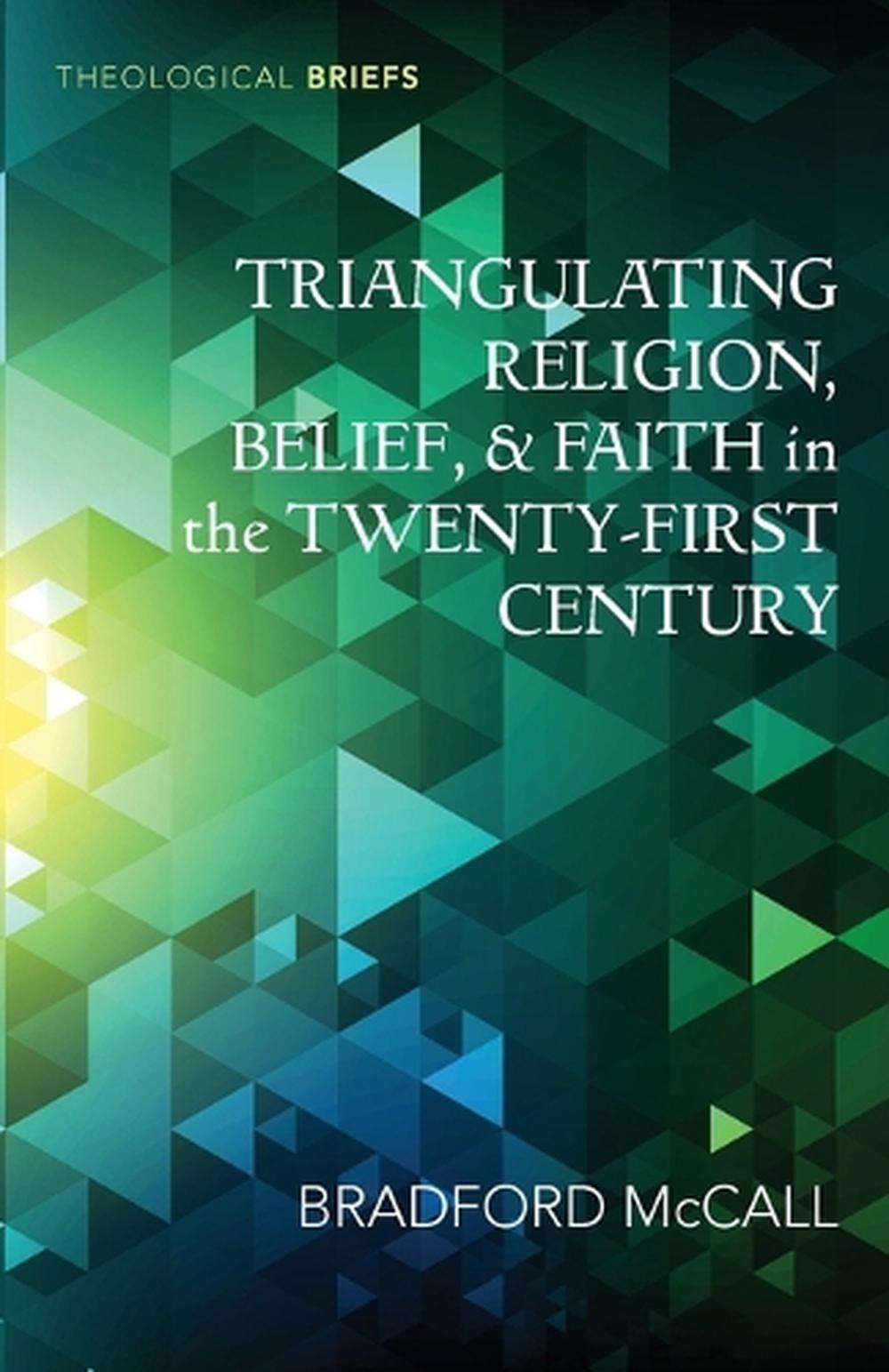
When you click on links to various merchants on this site and make a purchase, this can result in this site earning a commission. Affiliate programs and affiliations include, but are not limited to, the eBay Partner Network.
Triangulating Religion, Belief, and Faith in the Twenty-First Century by Bradfor

- Item No : 365604948717
- Condition : Brand New
- Brand : No brand Info
- Seller : the_nile_uk_store
- Current Bid : US $31.07
-
* Item Description
-
The Nile on eBay

Triangulating Religion, Belief, and Faith in the Twenty-First Century
by Bradford McCall
This book gives the reader the ability to make new inroads to understanding how faith, belief, and religion not only differ but also how they can contribute to comparative theology. These three topics, broadly covered herein, can heighten the understanding of the Sacred by those who study them. As to a few preliminaries, what is faith? Further, what is belief? Which one comes first in a person's journey toward the Sacred? Moreover, does religion factor into these two terms, and if so, where and how? Does Augustine's well-worn line "faith seeking understanding" mean anything today? If it does, would it mean belief comes prior to faith and/or religion? One can argue both sides of this debate and still be considered "orthodox," seemingly. Perhaps it is the case that belief precedes faith most of the time, but not all of the time. Perhaps it is the other way around. What, exactly, is the demarcation between belief and faith? Many a person believes a thing to be true in their very bones; such a stance borders on what is commonly referred to as faith. Is religion the combination of belief and faith together into a coherent system of thought, or is it emergent from the two, existing as a separate mental (or spiritual) entity? Explore these questions and more!
FORMAT
PaperbackCONDITION
Brand New
Review
"Bradford McCall explores some of the major voices in comparative theologies and philosophy of religion. The journey looks at key issues and offers important insights. I'm especially impressed by McCall's use of the work of David Ray Griffin."
--Thomas Jay Oord, author of Pluriform Love
"Readers are greeting the appearance of this new Theological Briefs series with enthusiasm for useful introductions to key topics in religion and theology. This opening volume is a strong example. We are led through a no-nonsense exploration of how faith, belief, and religion are similar and how they are different. In the end, whatever your beliefs and your religion, McCall concludes that 'Faith can destroy us or heal us, but . . . we can never be without it.'"
--Philip Clayton, author of Science and the SacredDetails
ISBNAuthor Bradford McCallPages 114Publisher Wipf & Stock PublishersSeries Theological BriefsYear 2025ISBN-13 9798385227891Format PaperbackPublication Date 2025-01-16Imprint Wipf & Stock PublishersCountry of Publication United StatesAudience GeneralUS Release Date 2025-01-16


-
- NO GRID Survival Projects
- $ 37.00
















